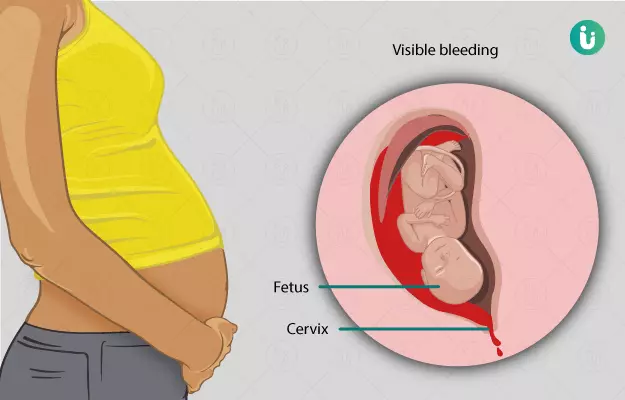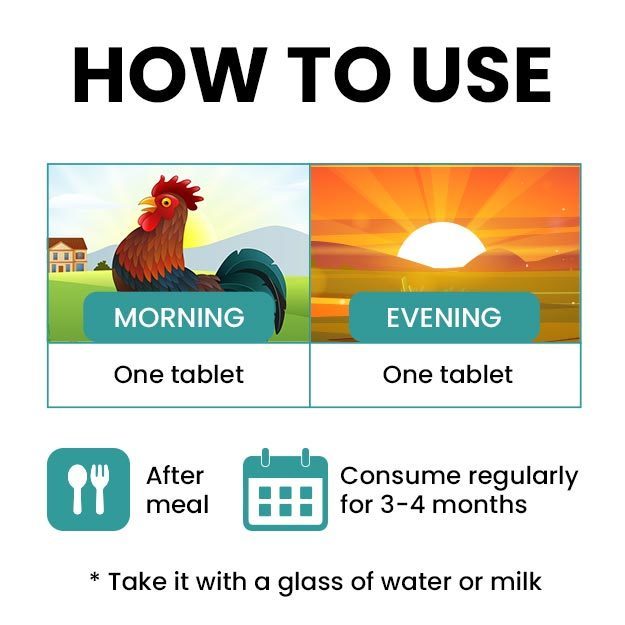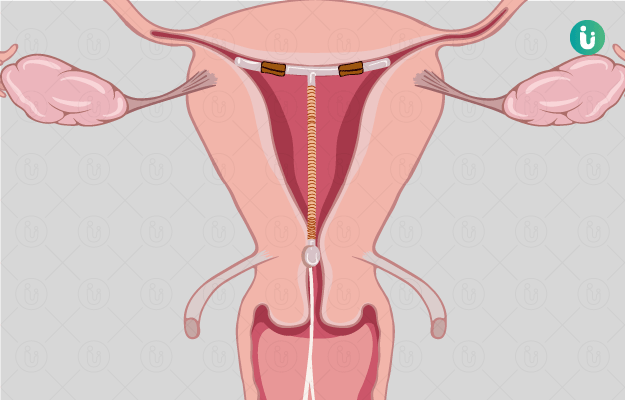Vaginal bleeding is a common problem in the first trimester of pregnancy, but vaginal bleeding in the second and third trimesters is not normal, it can be a serious problem. Bleeding during pregnancy can be dangerous, so if there is vaginal bleeding during pregnancy, contact the doctor directly.
(Read more - Vaginal bleeding)






































